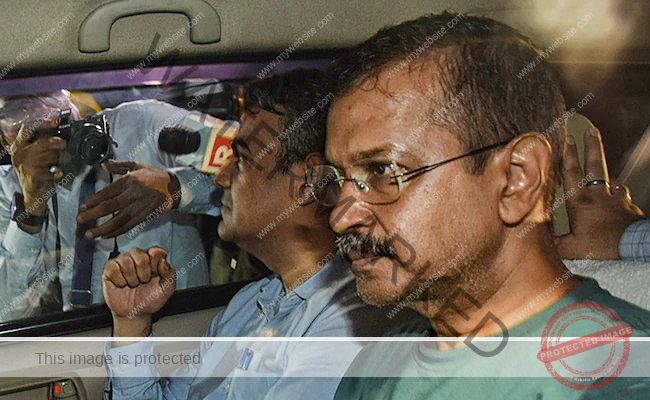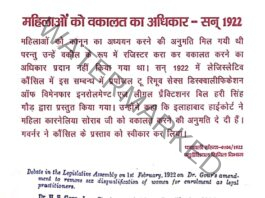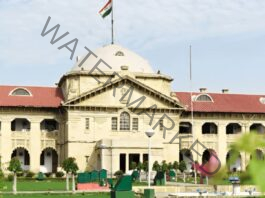The Urdu proverb ‘Dilli abhi door hai’ (Delhi is still far), first used by Hazrat Nizamuddin Auliya, a Sufi saint of the Chishti Order, seems to reflect in the legal entangles surrounding release of Delhi Chief Minister Arvind Kejriwal. The Rouse Avenue court on Thursday extended the judicial custody of Delhi Chief Minister Arvind Kejriwal till August 20 in a corruption case registered by the Central Bureau of Investigation (CBI) in the alleged excise scam. Special Judge Kaveri Baweja extended Arvind Kejriwal’s custody after he was produced before the court through video conference.
The court is likely to consider on August 12 a supplementary charge sheet filed by the CBI against Arvind Kejriwal in the case. Though the Supreme Court granted interim bail to Arvind Kejriwal in the ED case on July 12, he continues to be lodged in Tihar jail in connection with the case as he has not furnished the bail bond.
The Delhi High Court on Monday had dismissed Kejriwal’s plea challenging his arrest by CBI in the case concerning Excise Policy matter. Delhi High Court stated that it could not be said that the arrest of Delhi CM Arvind Kejriwal was without justifiable reason. In the case, ED had requested a short adjournment to address its plea for the cancellation of bail granted to Kejriwal.
The Delhi High Court has questioned the ED on whether cancelling Chief Minister Arvind Kejriwal’s bail would lead to his re-arrest. The court’s inquiry aims to clarify the implications of the ED’s plea for bail cancellation. The court adjourned the matter for September 5, 2024.
Background of the Case
The CBI’s investigation into the excise policy case alleges Kejriwal’s involvement as one of the primary conspirators. The judge noted that the investigation was ongoing and expressed concerns about the potential for witness tampering, citing CBI’s apprehensions.
Kejriwal, 55, was initially arrested by CBI on June 26 while already in judicial custody at Tihar Jail in a related money laundering case pursued by the Enforcement Directorate (ED). The ED had arrested Kejriwal earlier on March 21, which led to a complex legal situation involving both the ED and the CBI.
Bail Status and Implications
Although the Supreme Court granted interim bail to Kejriwal in the ED case on July 12, the Chief Minister remains in Tihar Jail. He has yet to provide the necessary bail bond, which has kept him in custody.
The extension of Kejriwal’s judicial custody reflects the gravity of the allegations and the ongoing judicial process. The case continues to attract significant public and media attention, with implications that could affect the political landscape in Delhi and beyond.
As the investigation progresses and further legal proceedings unfold, the focus remains on the developments in this high-stakes case, which has captivated both political observers and the general public alike.
The judge had sent Arvind Kejriwal to judicial custody in June, saying his name had surfaced as one of the “main conspirators” and the investigation was still in progress. The judge had also noted the apprehension of the CBI, which claimed that Arvind Kejriwal may influence the witnesses in the case. Arvind Kejriwal was arrested by the ED on March 21.




